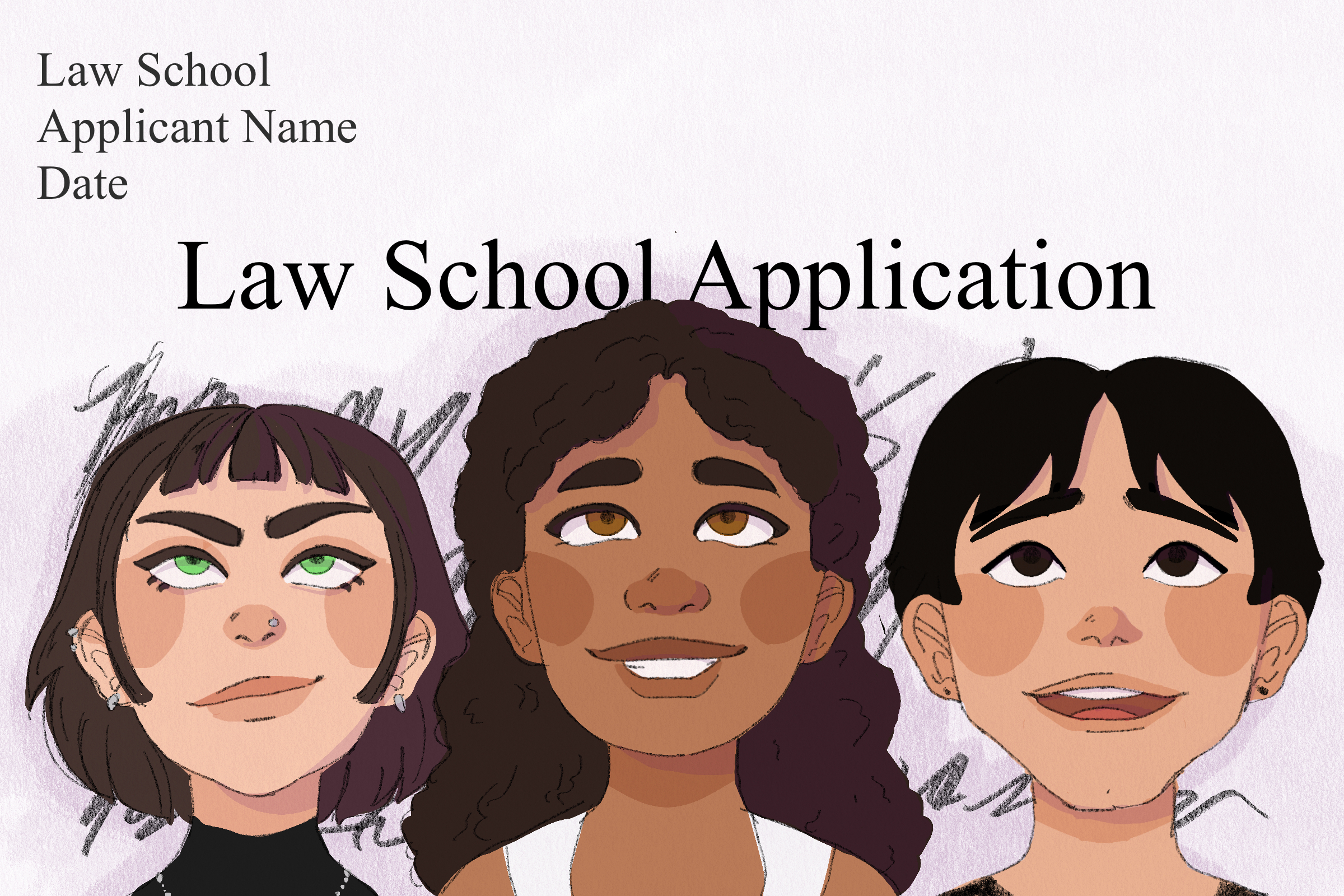Survey Investigates Uncertainty Around AI Use in Law School Admission Essays

The Role of AI in Law School Admissions: Insights from Recent Surveys
Overview of AI in Law School Applications
A recent survey conducted by Kaplan on March 18 revealed the sentiments of over 300 pre-law students regarding the use of artificial intelligence (AI) in law school admissions essays. The focus of this survey was on four primary themes: the permissibility of AI in admissions essays, the transparency required from schools about their use of AI in application evaluations, applicants’ comfort levels with schools that either do or do not use AI, and concerns about potential biases inherent in AI systems.
Key Findings from the Survey
One of the striking outcomes of the survey is that 89% of respondents believe that law schools should inform applicants if they employ AI in their evaluation processes. Furthermore, about 80% of those surveyed expressed concern that AI could unintentionally reinforce existing biases—such as those based on race, gender, or socioeconomic status—in the review of application essays.
Understanding AI Bias in Higher Education
Insights from Experts
Matthew Bui, an assistant professor at the School of Information and the Digital Studies Institute, highlighted the pervasive nature of bias in AI models. In his ethics course, he explains how biases in training data can lead to the amplification of discrepancies across various fields, including education. When flawed data is used to train AI, it could produce biased evaluations of applicants’ essays, thereby affecting their chances of admission.
In a separate email to The Daily, Carson Byrd, an associate research scientist at the Center for the Study of Higher & Postsecondary Education, emphasized how biased AI tools could significantly influence applicant evaluations. This issue becomes particularly critical as more prestigious universities adopt AI for evaluating admission essays.
Current Practices in Law School Admissions
Transparency and Policy Approaches
At the University of Michigan Law School, Sarah Zearfoss, Senior Assistant Dean, shared that the admissions team does not actively check for AI-generated essays but instead relies on applicants’ certifications affirming their original work. She noted the importance of integrity in the legal profession, stating, "We are going on faith as it’s a profession where your word is your bond.”
Amit Schlesinger, Kaplan’s executive director of legal and government programs, pointed out that while the Law School Admission Test (LSAT) remains crucial, the admissions essay is significant. A well-written essay can help applicants distinguish themselves, while a poorly crafted one can detract from their application.
The Influence of AI on Application Essays
Second-year law student Kristia Postema remarked on the potential for applicants to utilize AI to create essays that appear human-like. She noted that the effectiveness of AI often depends on how students prompt the AI to generate content, suggesting that tailored prompts can enhance the essay’s emotional depth and authenticity.
Recommendations for Applicants
As AI tools become more prevalent, the clarity of policies concerning their use remains somewhat inconsistent. Schlesinger advised applicants to directly contact law school admissions offices to clarify whether AI is permissible in their application essays. This proactive approach can help applicants navigate varying policies across different institutions.
Zearfoss additionally commented that while the current stance at the University of Michigan Law School is against AI usage, rules might evolve in the future. This indicates the need for ongoing evaluation of admissions policies in light of advancements in technology.
Key Takeaways
- Transparency is crucial in understanding whether law schools use AI in their admissions processes.
- Bias in AI can amplify existing inequalities in educational opportunities, affecting applicants with marginalized backgrounds.
- Clear communication with admissions offices regarding AI policies can aid applicants in navigating the application process more effectively.
By addressing these factors, law schools can contribute to a fairer admissions process that respects both the integrity of applicants and the evolving landscape of educational technology.





